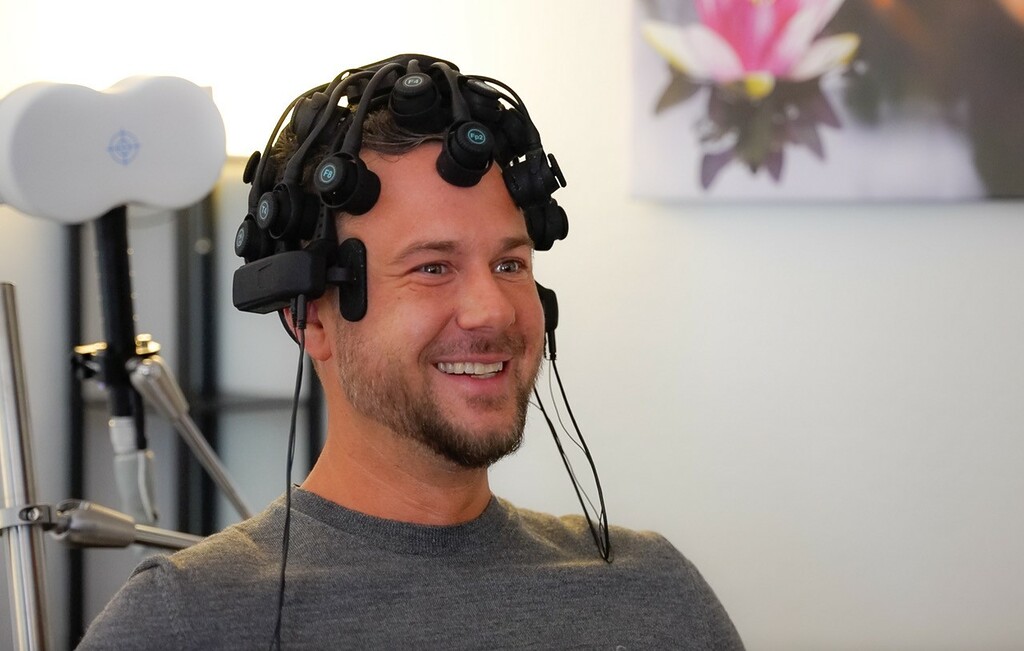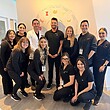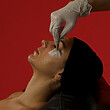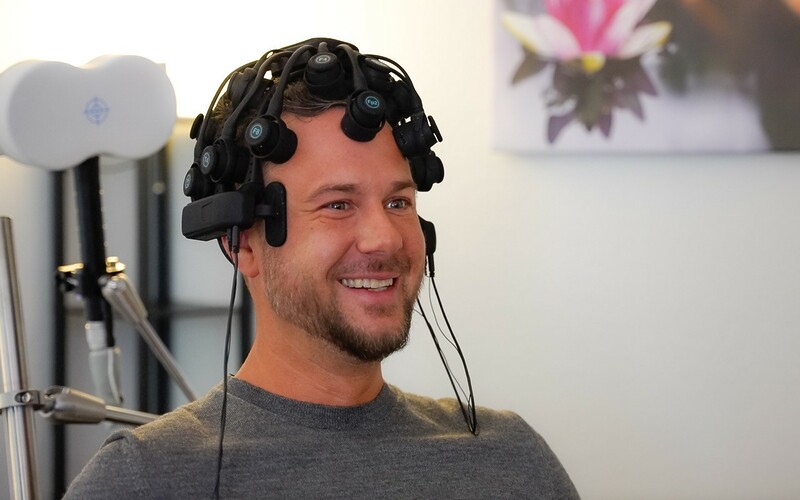Teen depression diagnoses have climbed nearly 60 percent in the past decade, according to national health data, as more families search for effective and lasting treatment options. For many, the challenge isn’t recognizing the need for help; it’s finding care that works without complex side effects or high costs. Now, a therapy once reserved for adults called transcranial magnetic stimulation (TMS) is gaining ground as a safe and effective option for younger patients.
TMS is a noninvasive treatment that uses magnetic pulses to stimulate underactive areas of the brain involved in mood regulation. It is medication-free, does not require anesthesia, and has few side effects. The U.S. Food and Drug Administration recently approved TMS for adolescents with major depressive disorder, opening the door for broader access and insurance coverage.
“Adolescence is such a critical time for brain development,” said Dr. Houshang Aminian, medical director at American TMS Clinics in Scottsdale. “For teens who don’t respond to therapy or medication, TMS offers another way forward that is safe, targeted, and supported by science.”

Here are five things to know about this growing therapy:
FDA Green Light for Teens: TMS is now FDA-approved for adolescents with major depressive disorder. The clearance comes after years of data showing the therapy’s safety and effectiveness, giving physicians new tools to help teens when traditional treatments fall short.
Insurance: Major commercial insurers are beginning to cover adolescent TMS, often reducing out-of-pocket costs to little more than a co-pay and, in some cases, nothing at all. That shift marks a major step forward for families who have long struggled to access advanced mental health care.
One in Five Teens Struggle: Nearly 20 percent of U.S. adolescents experience a major depressive episode each year, according to the Centers for Disease Control and Prevention. Suicide is now the second leading cause of death among teens, underscoring the urgent need for effective, evidence-based care options like TMS.
Promising Results: Clinical research has shown remission rates as high as 52 percent for treatment-resistant adolescent depression. Those outcomes are significantly higher than results typically achieved with antidepressants. For many patients, that can mean the difference between ongoing struggle and lasting relief.
Help for the Whole Family: American TMS Clinics also offers TMS for adults with depression, obsessive-compulsive disorder, anxious depression, PTSD, and autism spectrum-related symptoms. The clinic’s use of EEG brain mapping and advanced research models allows its team to design individualized, data-driven treatment protocols. Each patient receives care tailored to their brain’s unique rhythm and recovery needs.
TMS represents a significant shift toward personalized, neuroscience-based mental health care. “We’re seeing patients return to school, reconnect with family, and rediscover their sense of self,” Dr. Aminian said. “That’s what this work is about – giving people their lives back.” Learn more by visiting americantmsclinics.com.






